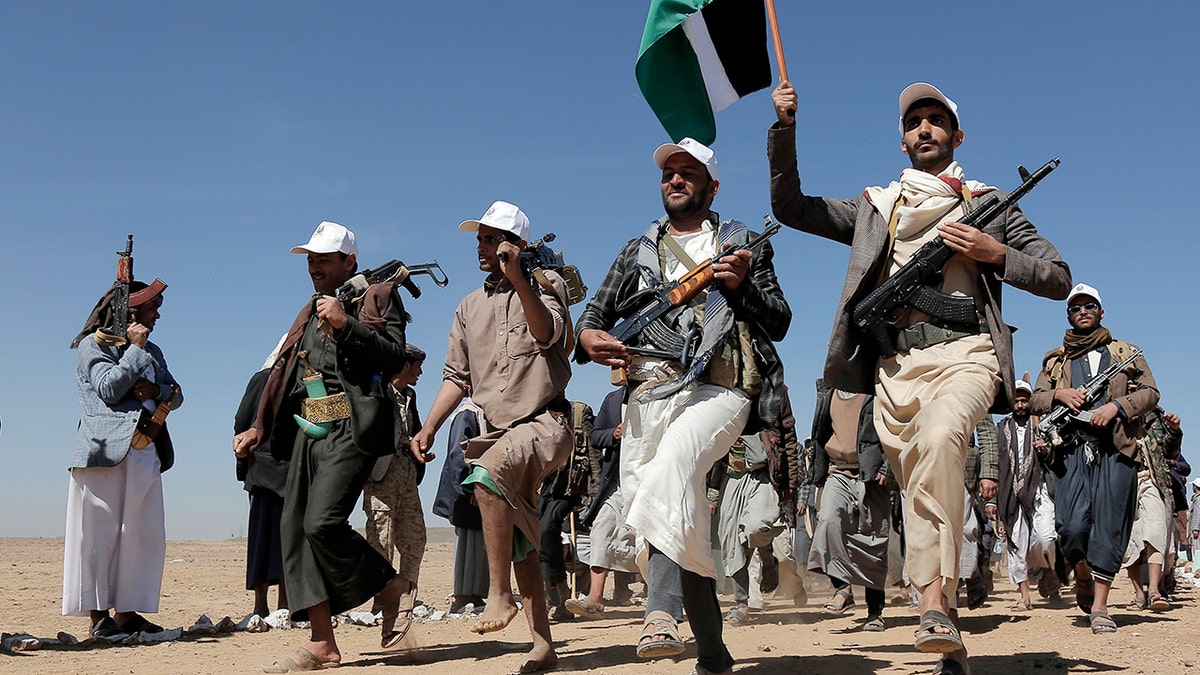Israeli Strikes Target Houthi Positions in Yemen
Israeli forces have launched attacks on Houthi targets in three key ports and a power plant in Yemen, according to military statements released early on Monday. This marks the first such attack by Israel on Yemen in nearly a month, signaling a continued escalation of tensions in the region.
The strikes targeted Hodeidah, Ras Isa, and Salif ports, as well as the Ras Qantib power plant. The Israeli military cited repeated Houthi attacks on Israel as the reason for the operation. These strikes come amid ongoing hostilities between Israel and Iran-aligned groups, particularly the Houthis, who have been targeting Israel and disrupting maritime trade in the Red Sea since the conflict in Gaza began in October 2023.
Hours after the attacks, the Israeli military reported that two missiles were launched from Yemen, with attempts made to intercept them. However, the results of these interception efforts are still under review. Despite the missile launches, the Israeli ambulance service confirmed it had not received any reports of casualties or impacts from the attacks.
Houthi Attacks and Retaliation
Since the war in Gaza, the Houthis have conducted numerous attacks on Israel and shipping in the Red Sea, claiming these actions as support for the Palestinian cause. Most of the missiles and drones fired toward Israel have been intercepted or failed to reach their intended targets. In response, Israel has carried out a series of retaliatory strikes against Houthi positions.
One notable target was the Galaxy Leader ship, which was seized by the Houthis in late 2023. The Israeli military stated that Houthi forces had installed a radar system on the vessel, using it to track ships in international waters to further their operations. This move is seen as a direct threat to regional security and stability.
The Houthi military spokesperson claimed that their air defenses successfully countered the Israeli attack by using a large number of domestically produced surface-to-air missiles. However, residents in Hodeidah reported that the Israeli strikes caused the main power station in the city to go offline, plunging the area into darkness.
Impact on Local Communities
There were no immediate reports of casualties following the strikes. Houthi-run Al-Masirah TV reported that Israel launched a series of attacks on Hodeidah shortly after the Israeli military issued an evacuation warning for people at the three Yemeni ports. The assault occurred just hours after a ship was attacked off the coast of Hodeidah, leading to the crew abandoning the vessel as it took on water.
No group immediately claimed responsibility for the attack on the ship, but security firm Ambrey noted that the vessel fits the typical profile of a Houthi target. This suggests that the Houthis may be continuing their pattern of attacking commercial and strategic assets in the region.
Regional Tensions and Houthi Influence
Israel has also targeted other Iranian allies in the region, including Lebanon’s Hezbollah and the Palestinian militant group Hamas. Despite these efforts, the Tehran-backed Houthis and pro-Iranian armed groups in Iraq remain active. The group’s leader, Abdul Malik al-Houthi, initially formed the force from a group of ragtag mountain fighters. Under his leadership, the Houthis have grown into a formidable military force, comprising tens of thousands of fighters equipped with drones and ballistic missiles.
Saudi Arabia and Western nations allege that the arms used by the Houthis originate from Iran, although Tehran denies these claims. The continued presence of the Houthis and their allies in the region underscores the complex web of alliances and conflicts shaping the Middle East today.







